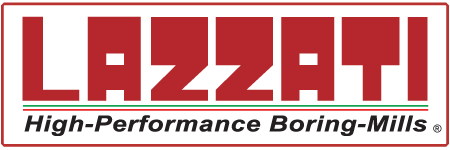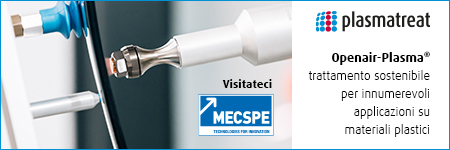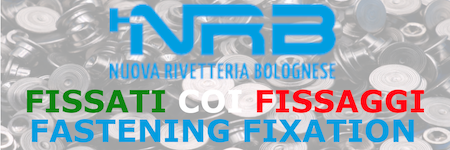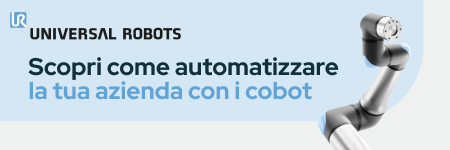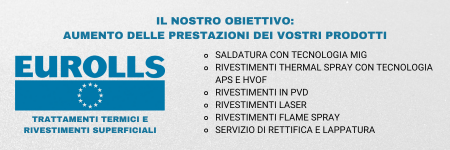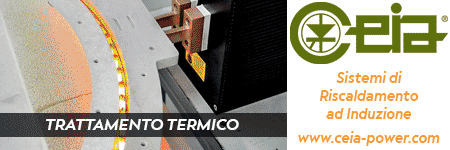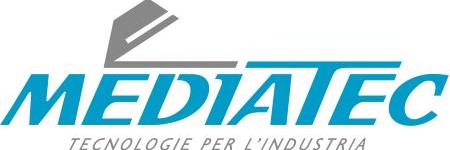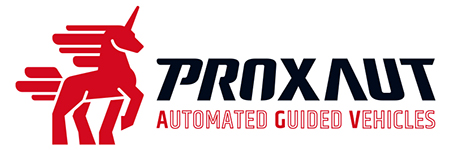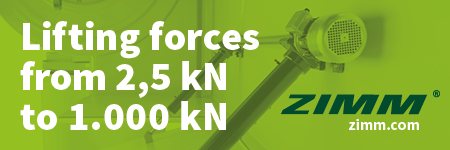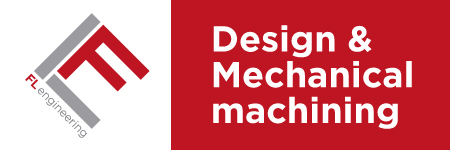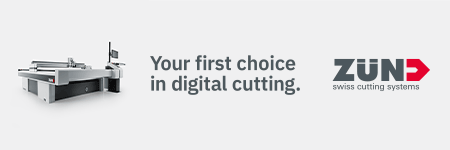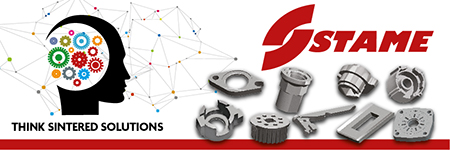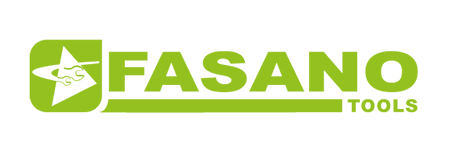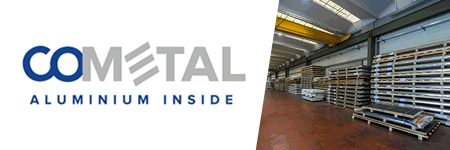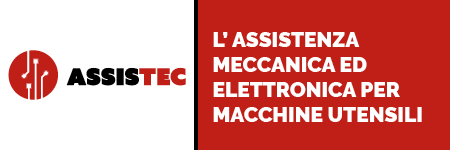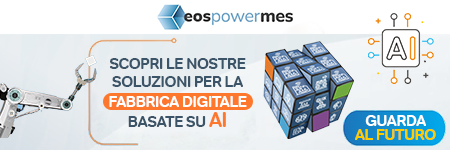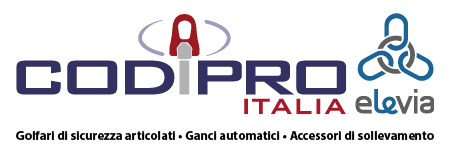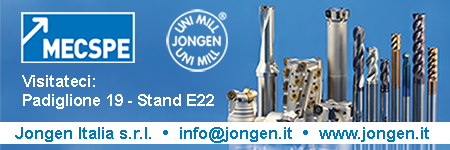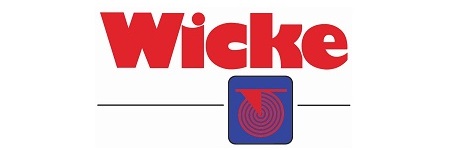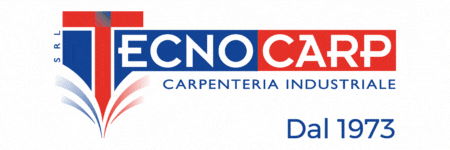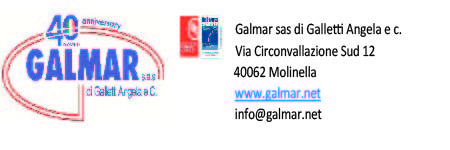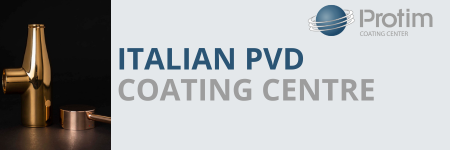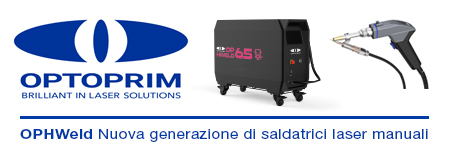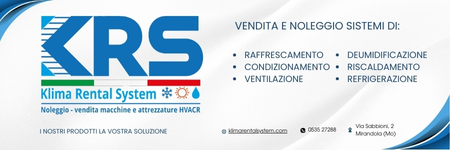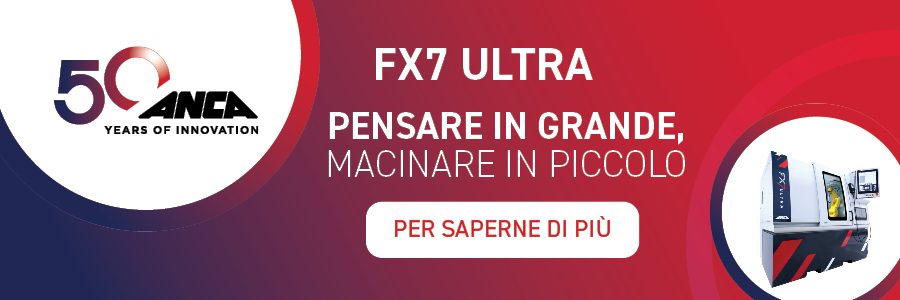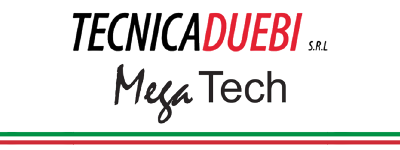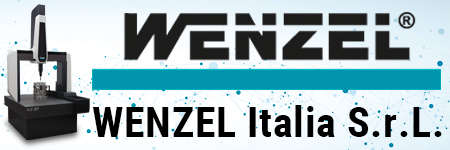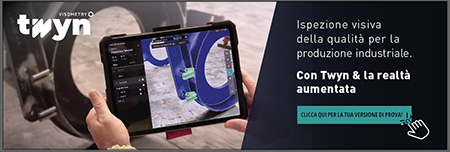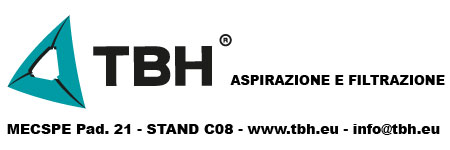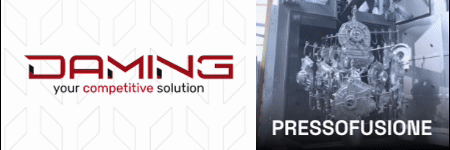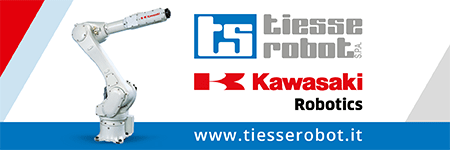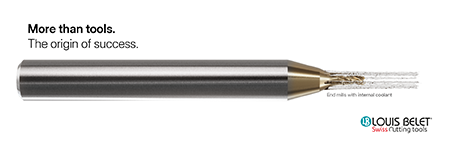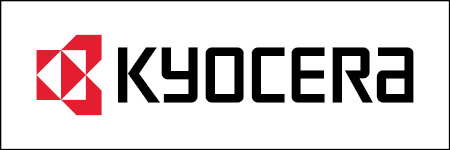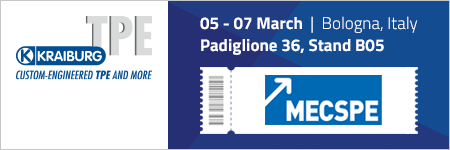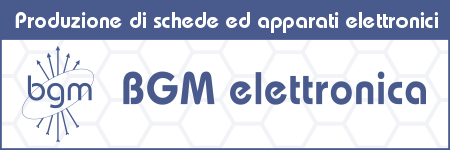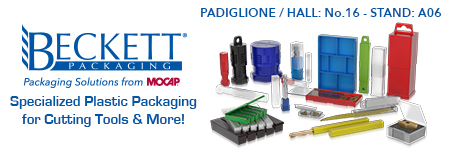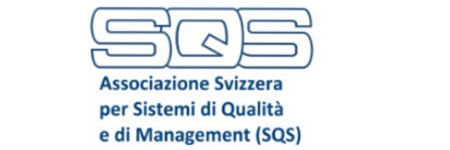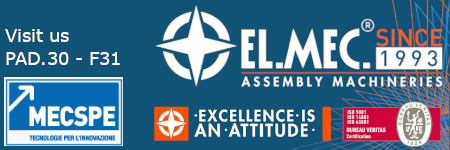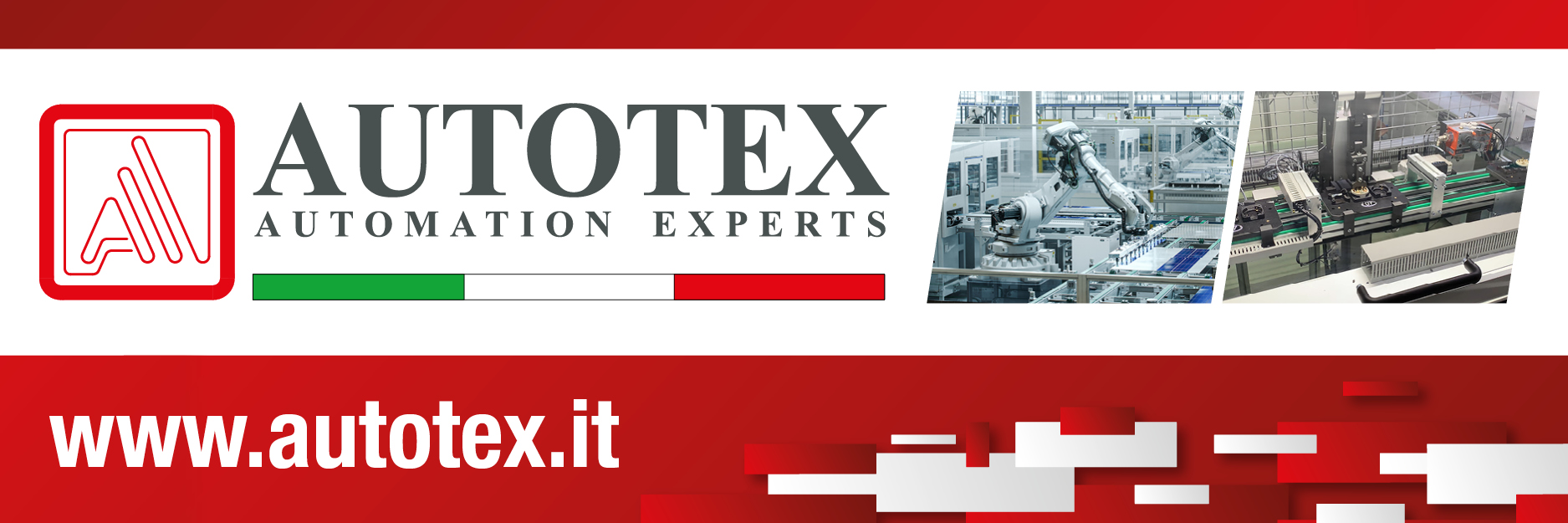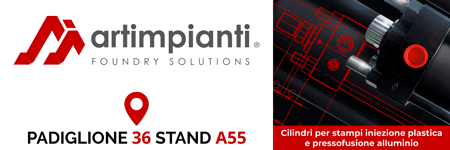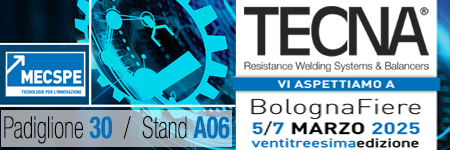23 January 2017
The Veneto laboratory for the development of industry 4.0
8 companies out of 10 in the mechanical industry ready to invest in the digital factory
The mechanical companies of the Veneto region are implementing the conversion process towards industry 4.0 and positively assessing the project prepared by the Government to boost Italy in the eve of the fourth industrial revolution. In 2017 more than 50% of businesses will benefit from the incentives provided by the Industry 4.0 Plan for investments in new technologies and in coming years more than 80% will invest a significant part of their turnover to transform their companies into intelligent factories. From the industry 4.0 model, most companies expect a reduction in costs and an increase in revenue of up to 15%.
This is the scenario depicted by a study on the Italian manufacturing industry, with a focus on the Veneto region, conducted by the MECSPE Observatory, in collaboration with GRS. The study was presented today in Vicenza at the “MECSPE Laboratories – DIGITAL FACTORY, the Italian road towards industry 4.0” convention, the first date of a roadshow created by Senaf to recount the transformation of Italian businesses in relation to digital manufacturing, in view of the upcoming edition of MECSPE, the standard-setting trade show for the manufacturing industry (Parma Fairground, from 23 to 25 March 2017).
«Due to its manufacturing tradition and vocation, the Veneto region represents the ideal laboratory for the development of the 4.0 industrial model, which will enjoy preferential treatment by the institution of the Competence Center for the North East, headed by the University of Padua in synergy with the other universities of Veneto, Trentino Alto Adige and Friuli Venezia Giulia – explains Emilio Bianchi, Director of Senaf, the company that organises MECSPE and that commissioned the Observatory – This is why we have chosen this region for the first date of our project ‘‘MECSPE Laboratories – DIGITAL FACTORY, the Italian road towards industry 4.0”, events that will travel across territories that are strategic to the Italian manufacturing industry, throughout 2017, to showcase the businesses and offer the Italian solution for the Industry 4.0 model»
The results of the MECSPE Observatory clearly illustrate the strong focus that the entrepreneurial fabric of Veneto places on this process. In fact 62.8% of companies in the mechanical industry believes the Industry 4.0 Plan is positive, which is higher than the Italian average (50.3%). 51.4% sees the project as positive, but is putting it to the test, while 11.4% has complete faith in it.
To spread the industry 4.0 model throughout the Italian manufacturing fabric, the government has set up a maxi amortisation plan, with a tax rate for investments which will rise from 140% to 250% in 2017. 51.1% of the study sample declares that it will be availing of the incentives, also in this case proving to be more receptive towards the plan than the Italian average (48.9%). 34% of businesses will use this amortisation plan after having already benefited from the previous one, while 17.1% will be doing so for the first time.
As for investments to transform businesses into digital factories, over coming years, a full 41.9% of companies is ready to invest more than 11% of their turnover, 41.9% will be making investments below 10% of revenue. 16.1% is the percentage of who is not willing to invest, a lower number than the Italian average (17.7%).
In terms of the advantages that industry 4.0 will offer in the next three years, 88.5% of companies is expecting a reduction in costs up to 15%, a percentage that will increase between 16% and 30% for 11.5% of the sample. 75% of companies is expecting an increase in revenue of up to 15%, 17.9% expects growth between 16% and 30% and 7.1% of the sample between 31% and 50%.
Of the new technologies or innovative processes that will be introduced by the end of 2017, we have additive production and collaborative robotics for 20% of interviewed companies, cloud computing for 14.3%, mechatronics, robotics, internet of things, big data and intelligent materials for 11.4%, nanotechnologies and IT security for 8.6%, simulation for 5.7%.
Digitalisation is the great challenge that Italian companies are required to face to fully enter the era of industry 4.0. Over the next three years, the mechanical companies of Veneto will invest mainly in increasing digitalisation of the horizontal (55.6% vs 50.9% of the Italian average) and vertical integration of the processes (56% vs 47.3%). All of this without overlooking the fundamental assets for the relationship with the customer – such as the sales and marketing channels that will reach excellent levels of digitalisation in 64.3% of companies – and design (51.7%).
To date, the main factors that are slowing digitalisation are represented by an uncertain ratio between investments and benefits (for 48.3% of companies), by excessively high requested investments (37.9%), by the lack of a technological infrastructure and suitable internal competences (27.6%), by the lack of a clear vision of top management and the backwardness of collaborating businesses (20.7%), by doubts concerning data security and the possibility of cyber attacks (10.3%).
An aid for overcoming the majority of this braking element will undoubtedly be represented by the Competence Centers, promoters of the study and technological evolution 4.0, and by the Digital innovation hubs, a bridge between businesses, research and finance, implemented by the Government’s Plan 4.0 to aid businesses in this digitalisation and innovation process of their production: more than six out of ten companies (62.1%) are waiting for these to become operational.
The fourth industrial revolution requires new competences in data analysis and management. In this field, 55.2% of companies assesses the overall preparation of its staff as average, 27.6% as high, 17.2% as low. In terms of data management, there is mainly a lack of a dedicated position which is instead replaced by shared responsibility (in 63.3% of interviewed companies). Other management methods are represented by the presence of an across-the-board dedicated department (23.3%) and by the use of an external provider (3.3%).
FOCUS – THE ECONOMIC TREND OF SMALL-MEDIUM BUSINESSES IN VENETO
Satisfaction for the business trend, growing turnover, stable employment level, good liquidity and adequate order portfolio, and extreme faith in market growth over coming years. This is the picture of the small-medium businesses of Veneto provided by the MECSPE Observatory.
6 out of 10 entrepreneurs (60.6%) claim to be greatly satisfied with the performance of their companies. Looking at the end of the 2016 financial year, in comparison to the same period in 2015, 33.9% is expecting an increase in turnover and 52.3% expects stability, while the number of employees essentially remains stable (78.5%), with 21.5% of businesses expecting to increase their staff.
The orders are suitable for the financial needs (67.8%) and liquidity is good for a full 57.6%.A positive situation that turns into faith in a positive market trend: more than half of businesses (52.5%) expects growth (+4.6% in comparison to the national average) and 37.7% stability.
METHOD:
This survey was conducted in November 2016 on a sample of 64 companies in the Veneto region, in the mechanics industry, using CAWI (Computer Assisted Web Interviewing) and CATI (Computer Assisted Telephone Interviewing) methods. The interviewed companies had up to 9 employees in 31.3% of the cases, between 10 and 49 in 46.3%, between 50 and 249 in 14.9%, more than 250 in 7.5%. 17.2% of the sample generates a turnover of up to 0.5 million euro, 42.2% between 0.5 and 2 million, 10.9% between 2 and 5 million, 14.1% between 5 and 10 million, 7.8% between 10 and 50 million, 4.7% between 50 and 100 million, 3.1% over 100 million.


